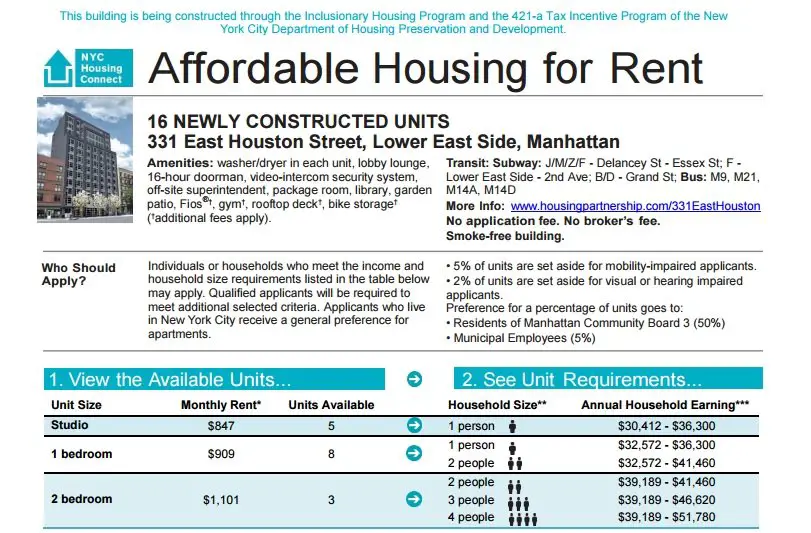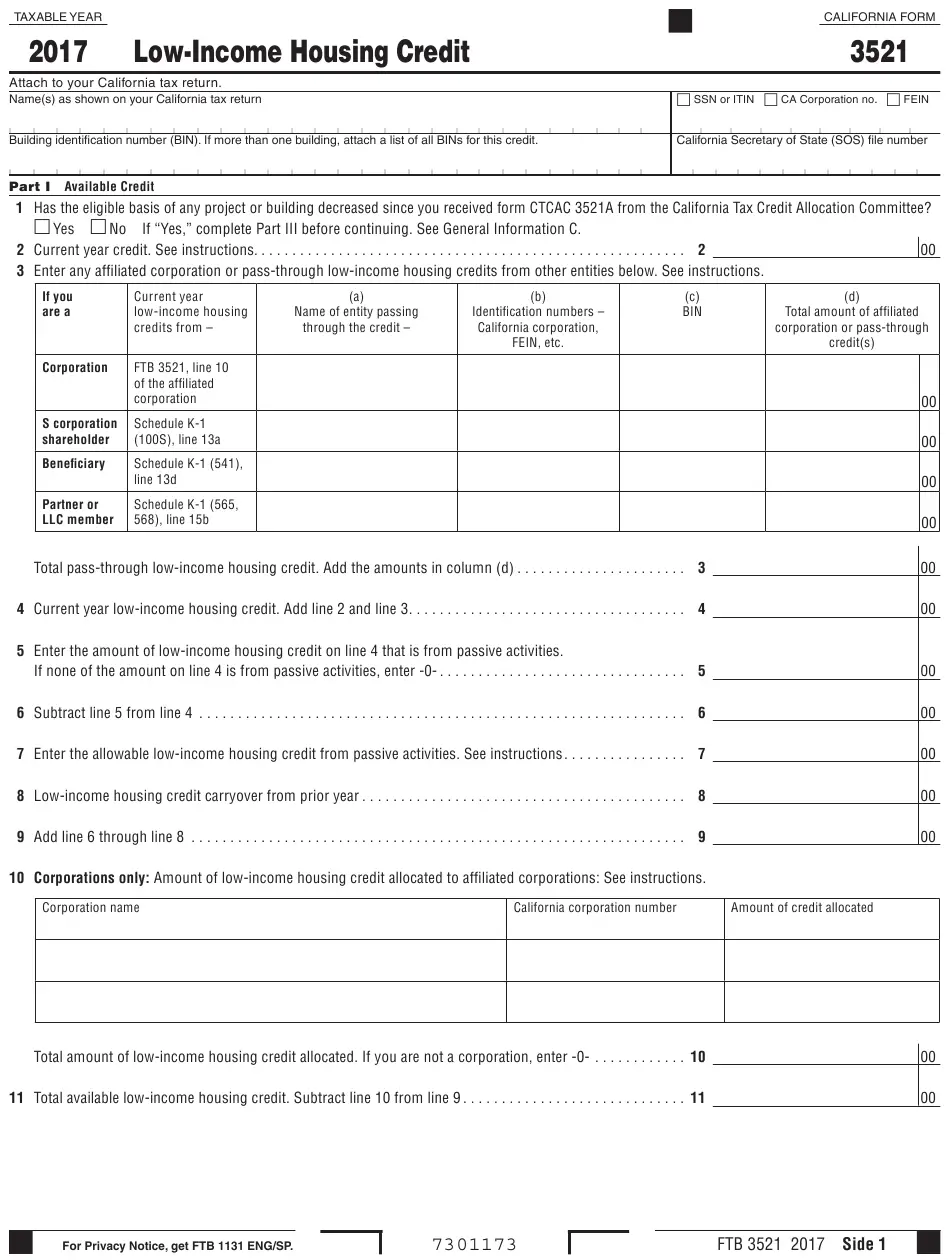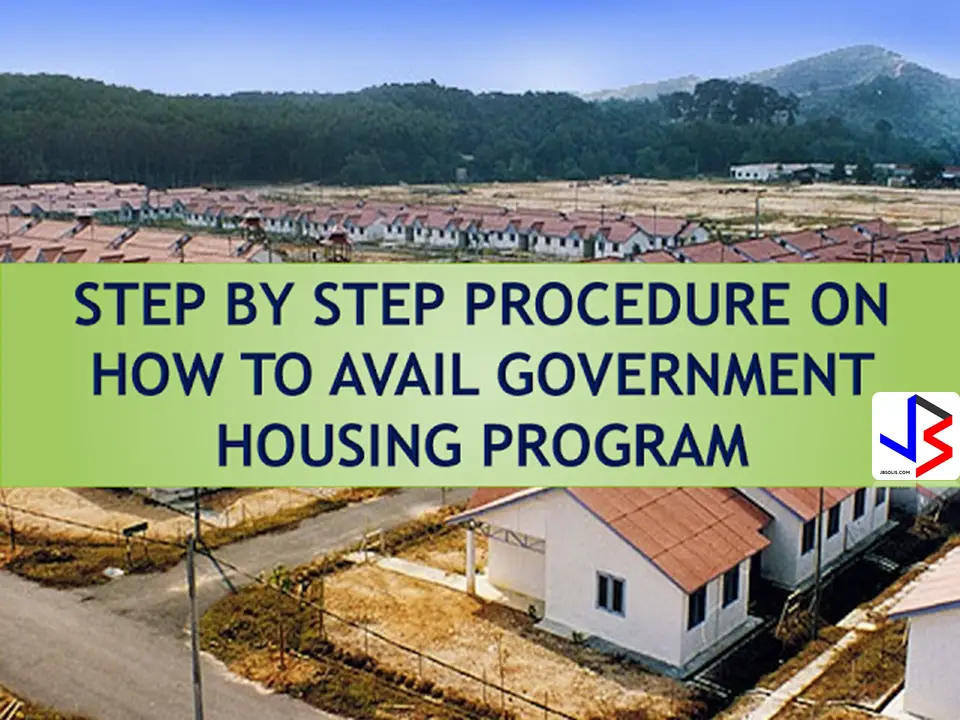Investment In Affordable Housing Program
Joint federal and provincial funding is available for service managers between 2014 and 2020 through the Investment in Affordable Housing program. This will improve access to suitable, sustainable and affordable housing across Ontario.
Housing for off-reserve Indigenous families
Under the Investment in Affordable Housing Program, to support Indigenous families living off-reserve, we partner with:
- Miziwe Biik Development Corporation, which delivers new affordable rental units and home ownership loans in the Greater Toronto Area
- Ontario Aboriginal Housing Services, which delivers new affordable rental units, home ownership loans and repair funding outside of the GTA
Within The Guide You Will Find The Following Information:
- Page 17: City of Ottawa procedures for application
- Page 135: City of Ottawa local eligibility rules Note that Directive 10-02 has been replaced with Service Manager Directive 17-02. Service Manager Directive 17-02 was replaced with 20-02. Service Manager 20-02 was replaced with 21-01 (Local Rent Geared to Income Eligibility Rules
- Page 139: City of Ottawa occupancy standards Note that Directive 10-01 has been replaced with Service Manager Directive 17-01. Service Manager Directive 17-01 was replaced with 20-01
- Pages 26 31: City of Ottawa system for selecting households including:
- rules for determining whether a unit that becomes vacant should be occupied by a household that will be receiving Rent Geared to Income assistance
- priority rules for households waiting for Rent Geared to Income assistance
- rules governing the selection by a housing provider of households to occupy units or receive Rent Geared to Income
Your Family Size Changes
In all housing programs, you should promptly report if there are changes in your family size. If someone has left your household, the housing authority or owner may request verification of their new address. If a minor child is added to the household due to birth, adoption, or court-awarded custody, advance approval of the addition is not needed before the child moves in. In all other cases, you will need to get advance approval before a new family member moves in. In addition, the housing authority or owner may screen additions to the household for criminal history and for immigration status.11
In publichousing or multifamily housing, if your family size changes, you may be able to transfer to another public housing or subsidized apartment of a more appropriate size. These transfers often take a long time to happen.12 In state public housing, if you are in too large an apartment for your family size and you don’t transfer into a smaller sized unit offered by the housing authority, your rent can be increased to 150% of its usual level.13
Recommended Reading: Data Strategy Vs Data Governance
Average Cost Of Seniors Residences
The average rent for bachelor units and private rooms that include at least one meal is on average $2,210 per month. Cost of seniors’ residences varies across Canada.
Find out about the cost of seniors housing in your province or territory in the Canadian Mortgage and Housing Corporations Seniors housing reports.
Bias Bars The Most Vulnerable From Subsidized Housing Study Shows

A recent study by BU School of Social Work PhD Candidate Megan Smith and Prof. Thomas Byrne reveals how screening inconsistencies can be devastating for those applying to government subsidized housing. Housing is the bedrock of health and stability, the authors say. Despite this widespread recognition, it remains out of reach for the majority of households that so desperately need it.
The study, Locked Out: The Systematic Exclusion of Poor Renters From Federally Subsidized Housing, reviewed the different criteria a variety of organizations use when denying applications and discovered that the criteria suffered from a variety of issues:
- Far exceeding federal mandates and leaving much to the discretion of the individual reviewer
- Significant variances between housing developments and organizations overseeing the application review process
- Lacking transparency and clarity that would have otherwise assisted applicants in making more informed housing decisions
The result: a disproportionate amount of denials for applicants that have historically been deemed unworthy of housing and social inclusion more broadly, including the very poor, people of color, and people with disabilities, particularly those relating to substance use.
Going Above & Beyond Federal Mandate
The federal government has outlined four categories that result in automatic denial from federally subsidized housing:
Lacking Clarity about Applicant Evaluation Process and Results
Future Research & Action
Housing Choice Voucher Program
The Housing Choice Voucher and Moderate Rehabilitation programs are funded by the U.S. Department of Housing and Urban Development and administered by Montana Housing at the Montana Department of Commerce as the state-wide Public Housing Authority. The Housing Choice Voucher program provides rental subsidies for very low-income families, elderly persons and persons with disabilities, and the opportunity to choose their own rental home within the community of their choice, subject to program requirements. The Moderate Rehabilitation program provides project-based rental assistance for low-income families.
Updating Your Waiting List Registration
- Please be sure your current address is on file. If your address has changed, complete and mail the Change of Address form or drop it off at the Applicant Leasing Center.
- If your family size changes you will need to complete a Request to add-remove household members form to PHCD’s Applicant Leasing Center.
The addition or removal of family members may change your bedroom size, but your ranking will always remain the same.
Changes in your income may affect your eligibility or rental payments, but not your ranking. Changes in income will be processed at the time of the eligibility interview.
Open registration for the current Waiting List is now closed. Registration information will be updated here and published, at a minimum, in each of the following newspapers:
During open registration, applicants are screened at an interview and are required to provide documentation that will be used to determine eligibility.
Public Housing is limited to low-income families and individuals. Some of the factors used in determining an applicant’s eligibility include:
Additionally, in Miami-Dade County:
How Rent Is Calculated And Recalculated
Tenants in public housing generally pay about 30% of their income for rent if utilities are included and less than 30% if utilities are not included.3 For state family public housing, this percentage is slightly higher as a result of a law passed in 2003.4 In public housing, each year the housing authority determines how much your rent will be based on your income and certain deductions and exclusions you are eligible for.5 If you report a change in your income or deductions during the year, your rent will usually be adjusted so that you pay the same percentage of your income for rent.6 For more information on public housing rents, see the section on Rent in Public Housing.
In voucher programs, tenants sometimes end up paying up to 40% of their income for rent because the market rent is more than the maximum subsidy the housing authority can pay.7 The housing authority must make sure that the rent your landlord is charging is reasonable by comparing it with rents for other similar apartments.8 If you are leasing an apartment for the first time with a Section 8 voucher and the proposed rent and tenant-paid utilities would make your portion of the rent more than 40% of your income, the housing authority will not agree to approve the apartment and you will be forced to find another apartment.
Applying For Social Housing
To apply for social housing in Ottawa, contact The Social Housing Registry.
You can also download and print the Application Form for Subsidized Housing, which contains all of the required information and documents.
For information on the social housing providers and communities in the City of Ottawa, please review The Social Housing Registry List of Housing Providers.
Types Of Rent Supplement Benefits
Rent Assistance Benefit
The Rent Assistance Benefit is now open.
The Rent Assistance Benefit is a long-term benefit available to subsidize the rent for Albertans with low income.
Benefit features:
Private Landlord Rent Supplement
The Private Landlord Rent Supplement is not reopening. Current recipients will be transitioned to the Rent Assistance Benefit as funding agreements for those units expire.
How You Are Screened
Housing authorities and owners of subsidized housing have the right to do tenant screening. They do this by checking various records, the most common of which are past landlord references, credit reports, and criminal records. The rules concerning access to criminal records are different for public housing and vouchers than they are for multifamily subsidized housing. For more information, see Tenant Screening.
Social Housing And Rent
The Region of Durham funds and monitors most social housing providers in the region. We also operate the Durham Regional Local Housing Corporation . It is the largest social housing provider in the region.
All social housing providers offer rent-geared-to-income . Some private landlords also provide RGI under agreement with the Region of Durham. Keep in mind that there is a long wait list for RGI units.
Affordable And Subsidized Housing

Living in affordable or subsidized rental housing is another option for low-to-moderate-income seniors who dont need special support or home care services.
BC Housing
BC Housing offers a range of housing support programs, as well as affordable and subsidized housing for senior renters with low to moderate incomes. BC Housing manages public housing in B.C., and maintains the housing registry, a subsidized housing listing and application service. The housing registry includes public housing and some non-profit and co-op housing.
Find Affordable Rental Housing
People with low income Low Income: a total family income thats no more than the Section 8 low-income limit established by HUD. Individuals are considered one-person families., seniors Senior: for housing benefit eligibility purposes, a person who is 62 or older., and people with disabilities Person with a Disability: a person whose physical or mental impairment substantially limits one or more major life activities, such as eating or walking. may qualify for help from the U.S. Department of Housing and Urban Development to get affordable rental housing. HUD doesn’t own rental property. It gives money to states and building owners, who in turn provide low-income housing opportunities.
What Is The Fastest Way To Get Subsidized Housing In Toronto
SubsidyTorontoreceive subsidized housingfasterTorontoHousing
Eirik Kitchen
Here are six of them.
What Is Subsidized Housing
Housing is subsidized when the government pays part of the tenant’s rent or mortgage. To get subsidized housing, you must have a low or moderate income. Under the HUD Section 8 Program and the Rural Economic and Community Development Rental Assistance Program, part of the rent of qualifying lower income people is paid by the government.
Under these programs, tenants usually pay no more than 40 percent of their adjusted gross income. There are two distinct programs-tenant-based section 8 vouchers and project-based section 8 vouchers. Unfortunately, the number of people needing these two programs is far greater than federal funding for the programs.
In rural areas, there are additional housing opportunities for lower income persons. As a rural resident you may qualify for very low interest rate mortgages to purchase or repair a home. Contact your local county housing authority for further information.
How To Get Help Paying Rent
If you need help paying your rent, contact your state housing finance agency or your local public housing agency office. You may qualify for government programs to get help with your rent payments.
-
If you need immediate, emergency assistance
-
To find out what other help may be available for you locally
Even if you don’t qualify for rental assistance through these agencies, they may be able to refer you to a community organization that can help. You may also search for and contact community or nonprofit organizations in your area. They may help you directly or offer you referral information.
Who Your Landlord Is
If you live in public housing, the housing authority owns your building and is your landlord. In a few cases, a private company may manage the building for the housing authority or may be part of the ownership, but the building is still controlled by the housing authority.1 Housing authorities operate in most cities and towns in Massachusetts. They were established by state law to provide affordable housing for low-income people.2
If you live in subsidized housing, the housing authority is not your landlord. Subsidized housing is owned and operated by private owners who receive subsidies in exchange for renting to low- and moderate-income people. Owners may be individual landlords or for-profit or nonprofit corporations.
Subsidized housing can be obtained through vouchers, where the subsidy is used by a tenant to find rental housing in the private market and is paid to a private landlord. This subsidy stays with the tenant. Or it can be multifamily subsidized housing, where the subsidy is given to the owner who provides affordable housing. This subsidy stays with the property.
Public Housing Authority Apartments
PHAs in cities maintain programs that help individuals and families. Apply at your local PHA. Be mindful that preference is given to those who are working at least part-time, are attending school or are disabled elderly. Applicants must pass a background check, have no criminal history and be legal residents. They cannot have consumer debt exceeding 60 percent of the household income.
The application process at the PHA includes gathering the names of all family members who will live in the housing and providing their dates of birth, Social Security numbers and recent housing and employment histories. Most PHA offices have waiting lists speak with your caseworker about alternative options. Be prepared with all information to ensure you get on the list the same day you go. If you have to bring in paperwork such as pay stubs at a later date, you will delay your application.
Can I Be Evicted From Public Or Subsidized Housing
You can be evicted from public and most subsidized housing only for good cause. However, for tenant-based Section 8, the good cause provision is in effect only during the term of the lease. When the lease expires, the landlord may refuse to renew it, whether or not there is good cause. Tenant-based Section 8 leases must have an initial term of one year. The length of the term of any renewals is left to the parties to decide. Examples of good cause for eviction are
- not paying the rent
- serious or repeated violations of the lease
- criminal activity that threatens the health and safety of other tenants or disturbs the peace.
To evict you, your landlord must give you a written eviction notice and then take you to court. You have the right to go to court and tell your side of the story. Ask for the separate pamphlet Tenants: Being Evicted? for more information about evictions.
To learn more about public housing and subsidized housing in your county and your rights under these programs, call your local Housing Authority, HUD, Rural Economic and Community Development, or your local Legal Services office.
To find the legal aid office near you, use the legal help finder section of the statewide website at www.PALawHELP.org.
Get Help With Your Housing Choice Voucher Application

-
If you need help applying for a Housing Choice voucher or getting information about housing programs, contact your local PHA. If you need more help, contact your local HUD office.
-
Call the Public and Indian Housing Customer Service Center for housing questions or if you want to file a complaint about your local PHA.
-
If you feel that you have been a victim of housing discrimination, you can file a housing discrimination complaint.
Since the demand for housing assistance is usually greater than the resources available, you may wait a long time to get on a list and to get a voucher.
Being approved for a voucher in one city or state does not guarantee you’ll be approved somewhere else.
Differences Between Public And Subsidized Housing
Different housing programs have different features. While they all help make your rent more affordable, it is important to understand the features of each program so that you can apply to the ones that are best suited to your family. If you have questions about a housing program, talk to your local housing authority or local community action program. Here are some things to know:
Find And Select A Housing Provider
Look through the available options and choose a local housing provider that offers a program that suits your situation.
Under the Alberta Housing Act and regulations, as well as operating agreements, housing providers are responsible for the day-to-day operation of housing programs and managing applications for housing.
Search By Type Of Program
There are three main types of affordable rental housing that are supported by HUD:
- Privately owned, subsidized housing in which landlords are paid by the government to offer reduced rents to low-income tenants. Search for an apartment and apply directly at the rental management office.
- For complaints about subsidized housing, call the Multifamily Housing Complaint Line at .
If you have trouble contacting your local public housing agency, contact your local HUD field office for help.
If you’re a landlord, learn how you can participate in the Housing Choice Voucher Program.
